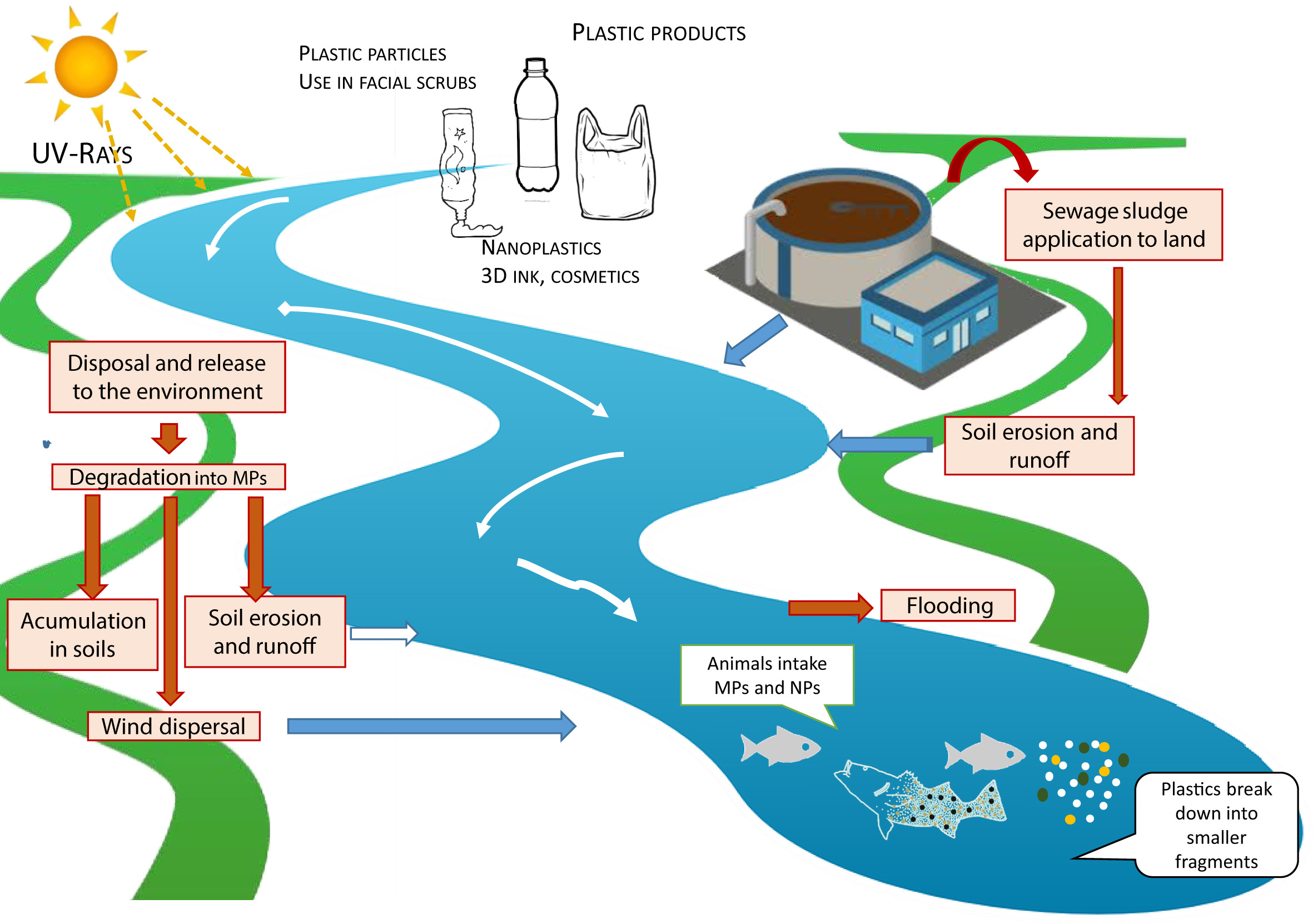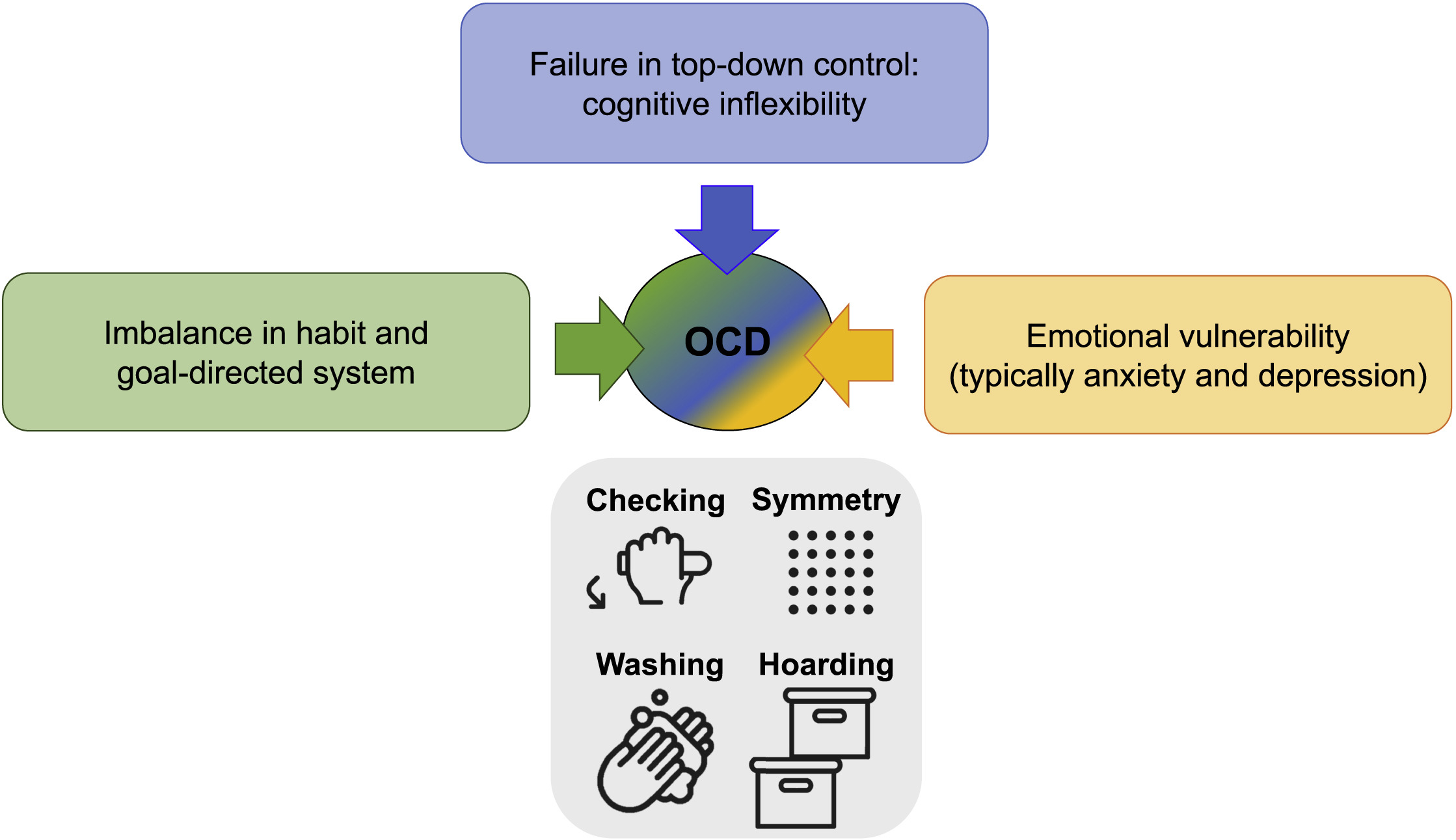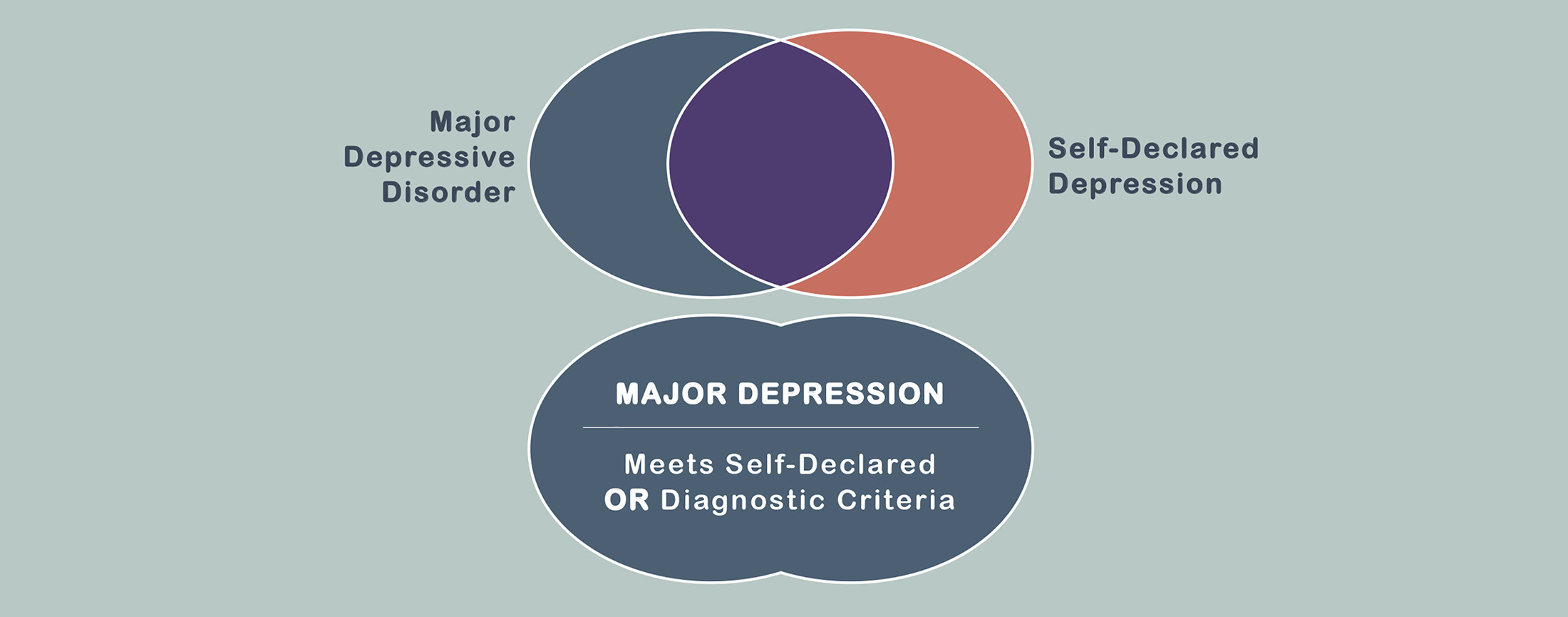Neuron, Volume 102, 3 April 2019
Perinatal depression (PND) is a heterogeneous disorder with differences in timing of onset of depression, which influences symptomology, severity, and treatment efficacy. Researchers must embrace the heterogeneity to bring fruition to a precision medicine approach for women in reproductive mental health care. Galea and Frokjaer discuss the heterogeneity of perinatal depression based on timing onset, which influences symptoms and has implications for etiology and treatment efficacy.
Neuron, Volume 102, 3 April 2019
There have been several recent studies addressing the genetic architecture of depression. This review serves to take stock of what is known now about the genetics of depression, how it has increased our knowledge and understanding of its mechanisms, and how the information and knowledge can be leveraged to improve the care of people affected.





